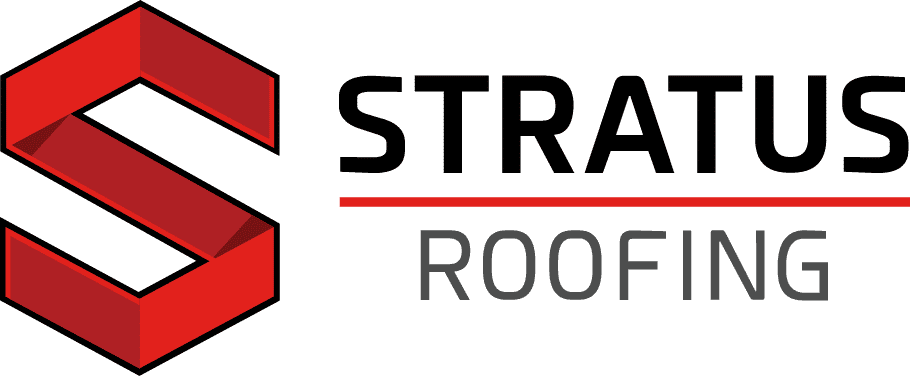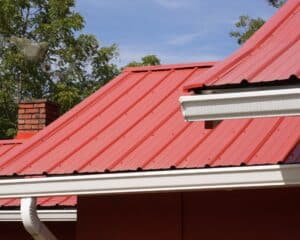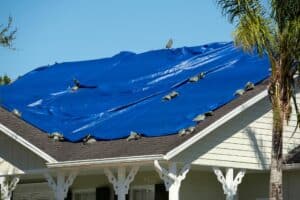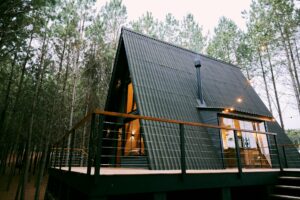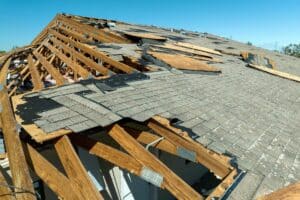Considering a metal roof installation for your Orlando home? While metal roofing provides numerous benefits, such as durability, energy efficiency, and longevity, it is critical to understand and comply with local codes and regulations. These codes are in place to ensure your roofing project’s safety, structural integrity, and quality in line with Florida’s unique weather conditions and building standards.
In this article, we will outline the most important codes and regulations you need to know for your metal roof installation in Orlando. By adhering to these guidelines, you can protect your home and investment while avoiding potential fines or penalties. Additionally, partnering with a professional roofing company like Stratus Roofing can ensure a seamless, compliant installation process for your residential or multi-family project in Florida.
1. Florida Building Code: A Comprehensive Regulatory Framework
To ensure the safety, durability, and efficiency of buildings in Florida, the state follows the Florida Building Code (FBC). This comprehensive code addresses a wide range of construction aspects, including specific provisions for metal roofing installation in Orlando. When undertaking an Orlando metal roof project, it is essential to adhere to the requirements laid out in the latest version of the FBC, which is updated regularly.
2. High-Velocity Hurricane Zone Requirements
Due to Florida’s vulnerability to hurricanes, the FBC includes specific regulations for High-Velocity Hurricane Zones (HVHZ). These areas encompass Miami-Dade and Broward counties, where structures must abide by stricter regulations to withstand extreme weather conditions. Though Orlando is not within an HVHZ, it is still essential to consider these guidelines in the broader context of ensuring your Orlando metal roof installation’s resilience to harsh weather events.
Key aspects of the HVHZ requirements applicable to metal roofs include:
– Enhanced wind resistance: Metal roofs are required to meet specific standards for wind resistance and uplift pressures as determined by independent testing agencies.
– Attachment method: The FBC specifies various acceptable attachment methods for metal roofs, such as concealed fasteners or clip systems, as well as the correct spacing of fasteners to ensure maximum wind resistance.
– Product approval: All metal roofing products used in Florida must have a valid Florida Product Approval or Miami-Dade Notice of Acceptance.
3. Wind Resistance and Uplift Ratings
Wind resistance is a crucial factor for your Orlando metal roof installation. In Florida, metal roofs must meet specific wind resistance ratings depending on the property’s location, exposure category, and other factors. These ratings, known as uplift pressure or wind uplift ratings, are calculated based on tests performed by independent agencies.
For metal roofs, the most common tests used to determine uplift pressure ratings are ASTM E1592 and FM 4474. When selecting a metal roofing system, it is crucial to verify that the product’s uplift pressure rating meets or exceeds the FBC requirements for your particular location and building type.
4. Proper Installation and Ventilation
Proper installation and ventilation are crucial to ensuring your Orlando metal roof meets local codes and regulations while providing optimum performance. The FBC lays out specific protocols for installing metal roofs, such as underlayment requirements, flashing details, and edge securement, among others.
For ventilation, the FBC mandates the use of a balanced system, where both intake and exhaust vents are present to allow for adequate airflow. Proper ventilation not only helps maintain indoor air quality but also prevents moisture build-up, which can cause mold growth and structural damage over time.
5. Partnership with a Licensed Roofing Contractor
One of the best ways to ensure your Orlando metal roof installation complies with local codes and regulations is to partner with a licensed roofing contractor. A licensed professional can help you navigate the complexities of the FBC and provide guidance on the most appropriate metal roofing system for your specific location and building type.
When selecting a roofing contractor, be sure to verify their license status, insurance coverage, and experience installing metal roofs in accordance with the FBC. Additionally, it is a good idea to ask for references and check their reputation for quality workmanship, adherence to local codes, and customer satisfaction.
6. Securing Permits and Inspections
Before beginning your Orlando metal roof installation, you must obtain the necessary building permits from your local building department. The permitting process involves submitting detailed plans, material specifications, and other relevant information to demonstrate the project’s compliance with local codes and regulations. Once your plans are approved, you can schedule inspections throughout the metal roof installation to ensure the work meets the FBC and maintains its quality and safety.
A professional roofing company like Stratus Roofing can assist with securing the required permits and navigating inspections, providing a hassle-free experience and peace of mind for homeowners.
7. Environmentally Friendly and Energy-Efficient Considerations
While not directly related to codes and regulations, many Orlando homeowners are increasingly focused on sustainable and energy-efficient roofing options. Metal roofing is an excellent choice for environmentally conscious homeowners due to its longevity, recyclability, and energy-saving properties.
Some metal roofs feature reflective coatings or cool roof technologies that minimize heat absorption, reducing the need for air conditioning and lowering energy consumption. Additionally, energy-efficient metal roofs may qualify for tax credits or rebates from local utility companies, offering further cost savings for homeowners who prioritize sustainable living.
Ensure Code Compliance with Stratus Roofing for Your Orlando Metal Roof
When undertaking an Orlando metal roof installation, understanding and adhering to local codes and regulations is crucial to ensure a long-lasting, safe, and compliant roofing project. By partnering with a reputable and licensed roofing company like Stratus Roofing, you can rest assured that your residential or multi-family roof installation adheres to the necessary requirements while providing exceptional quality and performance.
At Stratus Roofing, we pride ourselves on our expertise in navigating local regulations and permit processes, ensuring a seamless and stress-free experience for our clients. Whether you are considering an Orlando metal roof for its durability, energy efficiency, or aesthetic appeal, Stratus Roofing is your trusted provider of professional roofing services throughout the state of Florida.
